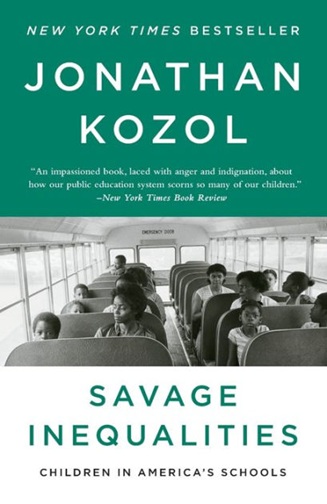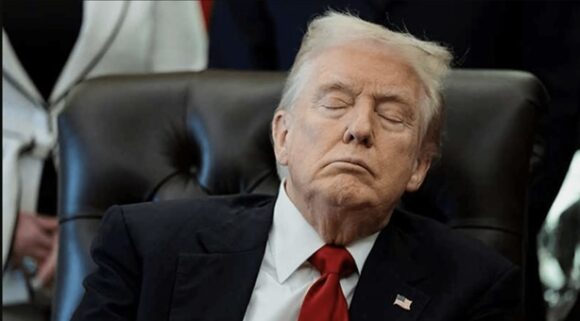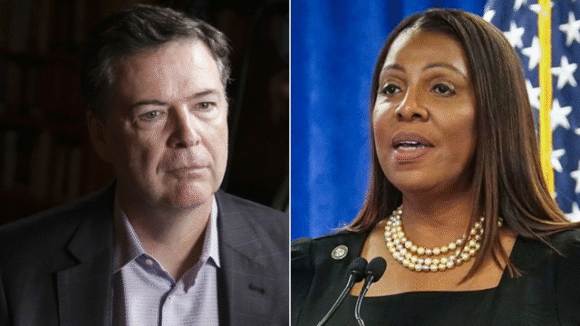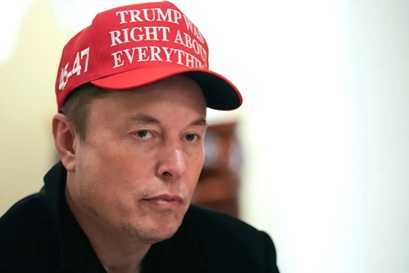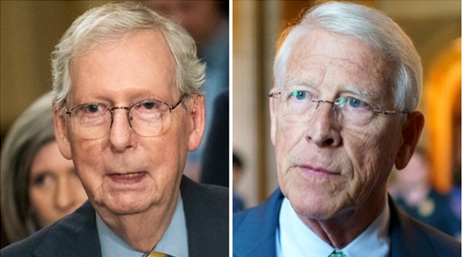Dear Commons Community,
Two weeks ago I blogged about the book, Amazing Grace by Jonathon Kozol. I have just finished another book by Kozol entitled, Savage Inequalities. Published in 1991, Kozol exposes the devastating inequity in the education of the poor in cities such as Chicago, San Antonio, and New York. Kozol adds personal accounts and interviews with students, teachers, and principals to describe the “savage inequalities” in segregated American schools. In New York City, for instance, he compares schools in the same district (District 10) that includes well-funded schools in affluent Riverdale and impoverished schools in the South Bronx. In one section, he describes the deteriorated and dangerous physical facilities at Morris High School, the oldest high school in the Bronx.
The story of education in poor inner cities has been told many times. Systemic solutions have been rare although there are many examples of inner-city schools that have overcome their poverty and even have become beacons for good education. In my graduate classes in school leadership, I always try to inspire my students and future education leaders, to do the best they can in their individual schools and not let “the system” keep them down. Change and improvement are possible.
Below is a review that appeared in The New York Times on September 25, 1991.
Tony
—————————————————————————————
Books of The Times; Shortchanging the Nation’s Children
Savage Inequalities by Jonathon Kozol
By Herbert Mitgang
Sept. 25, 1991
The schoolchildren who speak to Jonathan Kozol in his accusatory new book, “Savage Inequalities,” know something that President Bush, the self-proclaimed education President, apparently does not know and that William J. Bennett, President Ronald Reagan’s abrasive Secretary of Education, either excused or ignored. These children are getting second-rate educations in third-rate schools, and the Government isn’t doing much about it. Minority youngsters living in the devastated zones of urban America are fully aware that they attend unequal schools, read unequal textbooks and lead separate and unequal lives.
Thirty-seven years ago, the United States Supreme Court in Brown v. Board of Education found that segregated education was unconstitutional because it was “inherently unequal.” But Mr. Kozol says that the situation today is closer to the one that was addressed in 1896 in Plessy v. Ferguson, in which the court accepted segregated schools for black people, stipulating only that they be equal to those open to white students. The Brown decision supposedly overturned Plessy, but in his most damning statement, the author declares that in practice it really has not.
“Liberal critics of the Reagan era sometimes note that social policy in the United States, to the extent that it concerns black children and poor children, has been turned back several decades,” Mr. Kozol writes. “But this assertion, which is accurate as a description of some setbacks in the areas of housing, health and welfare, is not adequate to speak about the present-day reality in public education. In public schooling, social policy has been turned back almost 100 years.”
The strongest indictment of the Government’s insensitivity and parsimony in “Savage Inequalities” is heard in the voices of the children and their teachers. To metropolitan newspaper readers, many of the facts in Mr. Kozol’s book will not be too surprising. Education writers have been reporting the plight of the poor in deprived inner-city schools for years; in fact, the author credits several newspapers, including The St. Louis Post-Dispatch, The Detroit Free Press, The Chicago Tribune, The Chicago Sun-Times and The New York Times for much of his information.
Mr. Kozol’s major contribution is to pull the strands together and show that neighborhood school problems are part of a national crisis in education. In 1988 he set off on a two-year journey, visiting schools and speaking to children in 30 neighborhoods from New York to San Antonio and from Illinois to Washington, D.C. Wherever possible, he also met with children in their homes, linking poverty and impoverished schools.
“What startled me most — although it puzzles me that I was not prepared for this — was the remarkable degree of racial segregation that persisted almost everywhere,” he writes. “Like most Americans, I knew that segregation was still common in the public schools, but I did not know how much it had intensified.”
Mr. Kozol exposes lemons in American educational faciliies in the same way that Ralph Nader attacked Detroit automobile makers a quarter of a century ago. Like Mr. Nader, Mr. Kozol has also followed a straight-arrow course in his thinking and writing. His earlier books, “On Being a Teacher,” “Illiterate America” and “Death at an Early Age,” can be read as prologues to “Savage Inequalities.”
He points out the obvious: Money is at the root of better schools, facilities and teachers. He deplores Mr. Bennett’s statement to taxpayers in 1988, when he said: “If the citizens of Chicago [ want to ] put more money in, then they are free to do so. But you will not buy your way to better performance.”
The author disputes the former Education Secretary in a group of tables that compare school spending in the Chicago area, the New York City area and New Jersey. These statistics tell stories about predominantly black and white student enrollments. For instance, Manhasset on Long Island’s gold coast spends about $15,000 per pupil, while New York City spends about $7,300. What does money buy? New textbooks, a reduction in the size of classes, school counselors, special education and of course, better-paid teachers.
The human story in “Savage Inequalities” is particularly heartbreaking. The author tells about the dental problems of schoolchildren in the poor school districts:
“Bleeding gums, impacted teeth and rotting teeth are routine matters for the children I have interviewed in the South Bronx. Children get used to feeling constant pain. They go to sleep with it. They go to school with it. Sometimes their teachers are alarmed and try to get them to a clinic. But it’s all so slow and heavily encumbered with red tape and waiting lists and missing, lost or canceled welfare cards, that dental care is often long delayed. Children live for months with pain that grown-ups would find unendurable.”
One predominantly black school district in East St. Louis, Mr. Kozol reports, is described by The St. Louis Post-Dispatch as “America’s Soweto.” After reading the strong evidence in “Savage Inequalities” about similar struggling ghetto districts all over the United States, the thought occurs that these schools might find a more sympathetic reception in Washington if they applied for help under some foreign aid program as an underdeveloped third world country, preferably one with oil.

